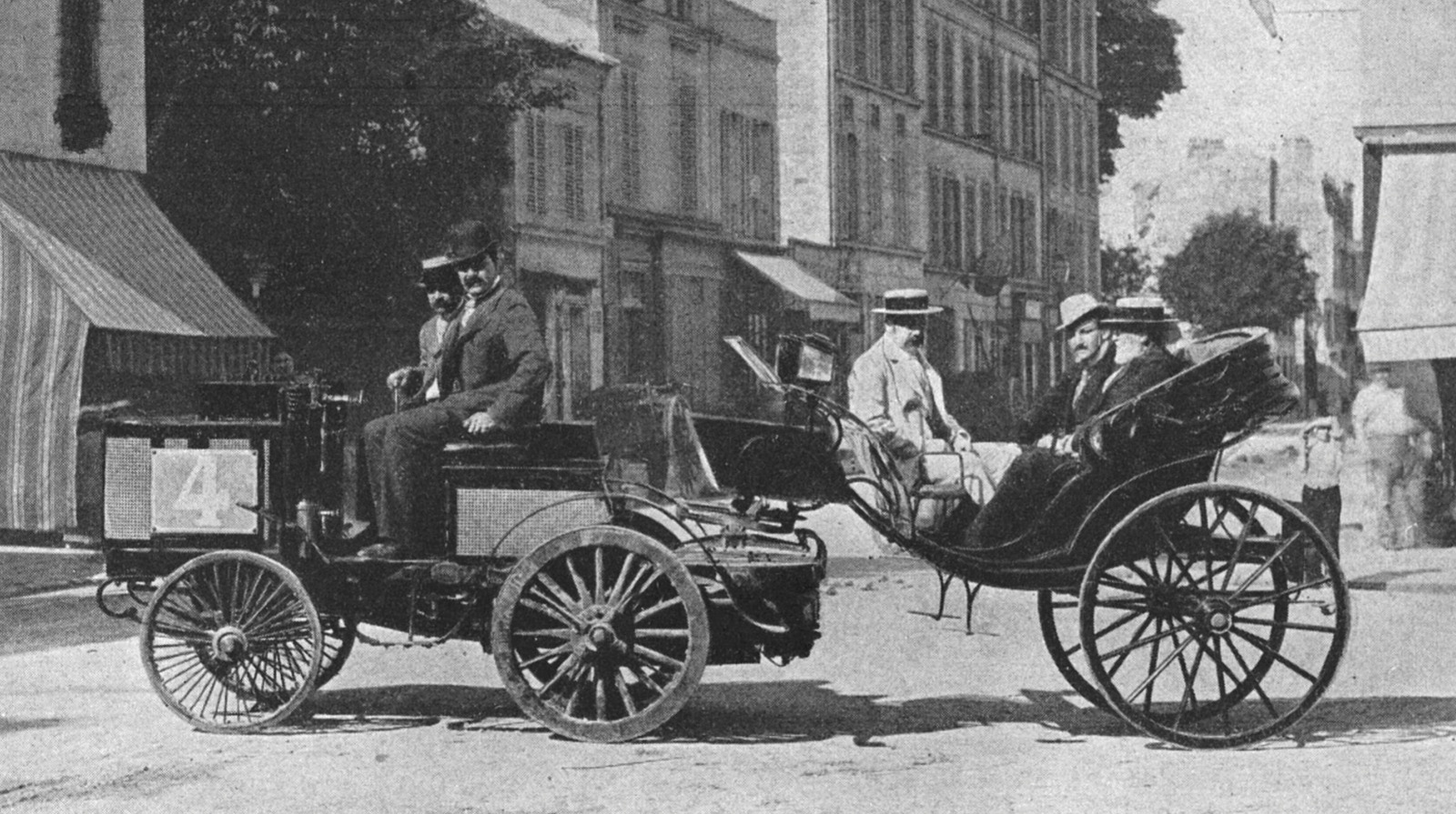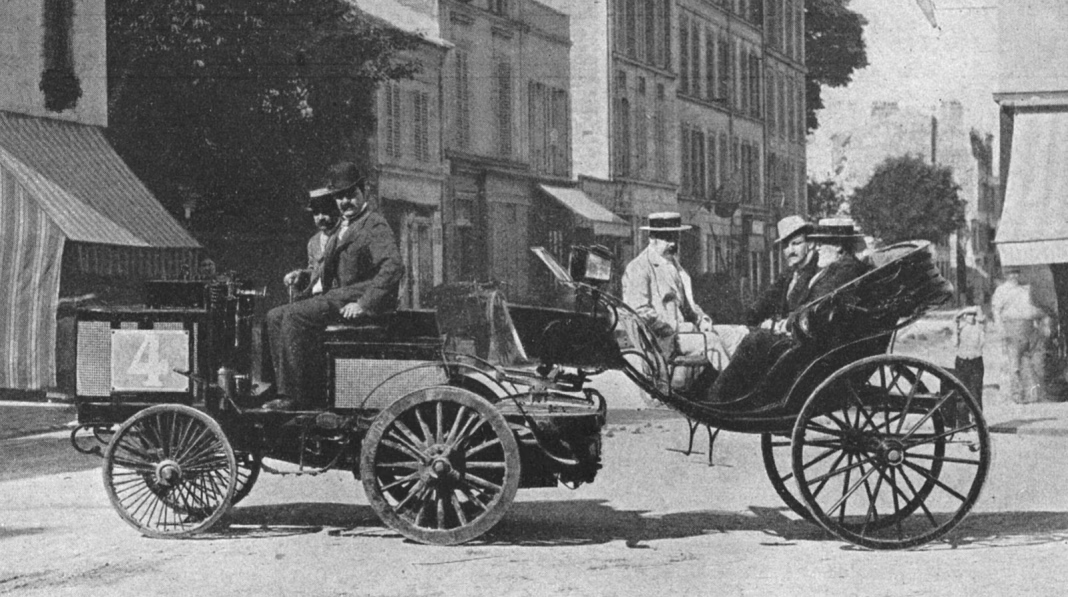What Really Happened After the First Car Race: Did Albert Lemaître Get Away With Murder?
Who Was Albert Lemaître and Why Is He Famous?
Albert Lemaître’s name might not ring a bell for most people today, but in the late 19th century, he was at the center of a revolution. In 1894, he crossed the finish line first at the Paris-Rouen race, widely recognized as the world’s first organized car race. Back then, the automobile was a curiosity, a noisy contraption that drew crowds and skepticism in equal measure. Lemaître’s win wasn’t just about speed—it was a statement that cars were here to stay.
But Lemaître’s story didn’t end with a trophy and a place in the history books. A dozen years after his historic victory, his name would resurface in the headlines for a far darker reason.
How Did a Racing Pioneer Become the Center of a Murder Trial?
Fast forward twelve years from that iconic race. Lemaître, once celebrated as a pioneer, found himself standing trial for the murder of his wife. The case was shocking, not just for its brutality but for the man at its center. How does someone go from national hero to accused killer?
Contemporary reports describe the crime as a “crime of passion.” In late 19th and early 20th century France, crimes of passion were sometimes viewed through a different cultural lens than premeditated acts. The legal system often weighed emotional turmoil as a mitigating factor, especially in domestic disputes. Lemaître’s defense leaned heavily on this narrative, painting the incident as a tragic outburst rather than cold-blooded murder.
What Was the Outcome of the Trial, and How Did Lemaître Walk Free?
Despite the gravity of the accusation, Lemaître was acquitted. The verdict stunned many, but it reflected the attitudes of the era. French courts at the time were known for their leniency in cases involving crimes of passion, particularly when the accused was a respected member of society. Lemaître’s status as a national figure likely played a role, consciously or not, in the jury’s decision.
Legal scholars have pointed out that, even today, high-profile defendants sometimes receive more favorable outcomes. A 2022 study published in the European Journal of Criminology found that public figures in France were 18% less likely to receive the harshest sentences in criminal trials compared to average citizens. While the justice system has evolved, echoes of the past remain.
How Did the Public React to Lemaître’s Acquittal?
The public’s reaction was a mix of outrage, disbelief, and resignation. Newspapers of the era chronicled heated debates in cafes and salons. Some saw the verdict as a miscarriage of justice, proof that fame could buy freedom. Others, influenced by prevailing attitudes about marriage and masculinity, were more sympathetic.
It’s worth noting that the early 1900s were a time of shifting social norms in France. Women’s rights were limited, and domestic violence was often swept under the rug. Lemaître’s case became a flashpoint for conversations about justice, privilege, and the treatment of women—issues that would continue to simmer for decades.
What Does Lemaître’s Story Tell Us About Justice and Celebrity?
Lemaître’s life is a study in contrasts: a trailblazer in the world of motorsport, and a man who escaped punishment for a terrible crime. His story forces us to confront uncomfortable questions about how society treats its heroes—and whether justice is truly blind.
Modern parallels aren’t hard to find. From athletes to actors, public figures sometimes seem to operate under a different set of rules. The Lemaître case reminds us that fame can be both a shield and a sword, protecting some while leaving others vulnerable.
The big takeaway? History’s messy, and so is justice. Lemaître’s legacy isn’t about perfection—it’s about the complicated ways fame, law, and human nature collide. Start by questioning the stories you hear this week, and you’ll likely spot the hidden layers behind every headline by month’s end.


